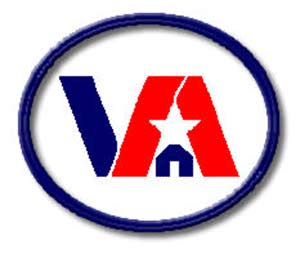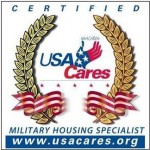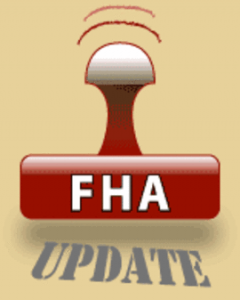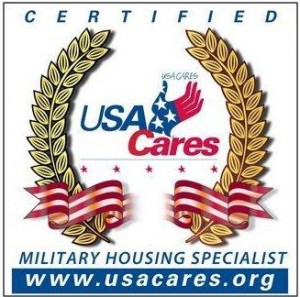by Dean Henderson, Certified Military Housing Specialist
As our market tightens up and seller concessions are becoming more difficult to get I am getting many questions about what to ask for when writing a VA loan offer. There are several fees a Veteran is forbidden to pay for in a VA loan financed transaction regardless of their willingness to pay. When writing an offer on a home using VA financing a buyer must ask for at least a minimum amount of concessions to cover the VA Buyer’s Non-Allowable costs and Fees.
When using the standard C.A.R. form RPA-CA I would suggest the following wording on page 1, line 3D Additional Financing Terms: “Seller to pay 3% towards buyer’s recurring & non-recurring closing costs and VA Buyer Non-Allowable Fees.”
The actual percentage you request is negotiable but make sure you have enough to cover all the VA non-allowables.
Here is a summary of allowable and non-allowable costs from The Department of Veteran Affairs.
ALLOWABLE CLOSING COSTS
A Veteran may pay any of the following reasonable closing costs and fees:
- 1% origination fee
- Reasonable and customary loan discount points
- VA appraisal fee – Usually about $450 for a Single Family Residence
- VA compliance inspector fees – Only if required by the NOV (Notice of Value)
- Recording fees- Usually about $100 – $150
- Taxes and stamps
- Credit report fees – Financial Independence Mortgage does not charge for this
- Pre-paid items/Impounds
- Insurances (hazard and flood, when required)
- Flood zone determination
- Well and septic inspection fees
- Survey, if required by lender or veteran, except for surveys of condominiums
- Title insurance(ALTA), title examination, title endorsement, title policy, title search
- Environmental protection lien endorsement
- VA funding fee – This is usually financed in the loan
- Closing protection letter – Should not exceed $35
- Fraud protection report
- Termite, provided the loan is a cash-out refinance – The borrower may never pay these fees for purchase transactions
- If a fee is not listed above, assume VA does NOT permit the veteran to pay it
NON-ALLOWABLE BORROWER-PAID CLOSING COSTS
Generally, the veteran may NOT pay any of the fees listed below. The seller must pay the non-allowable fees.
The non-allowable fees are:
- Attorney fees other than for title commitments
- Lender’s inspections, except construction loan inspections and inspections required on the appraisal/NOV
- Loan closing or settlement/escrow fees
- Doc prep, underwriting, loan application, admin or processing fees
- Assignment fees
- Photographs
- Interest rate lock-in fees
- E-Mail, fax, copying, postage, stationery, telephone or other overhead charges
- Amortization schedules, Truth-in-Lending fees, etc.
- Notary fees
- Escrow fees or charges
- Commitment fees or marketing fees of secondary purchasers
- Trustee fees
- Fees charged by third parties, regardless of affiliation with lender
- Tax service fees
- Termite inspection fee for a purchase transaction
- Attorney fee that benefits the lender
- Real Estate Broker fee or Transaction Coordinator Fees
- Brokerage fees or commissions charged by real estate agents or real estate brokers in connection with a VA loan
- Prepayment penalties financed through a refinance transaction – When the payoff states a pre-payment penalty is due, veterans may pay pre-payment penalties out-of-pocket only
- FHA/VA inspection fees for builders (Normal new construction inspections of the dwelling are permitted when required by the appraiser)
- Any portion of the seller’s lien(s) or short sale fees
- For purchase transactions, the cost of required repairs and inspections must be paid by the seller. This policy applies to all purchases, including purchases of REO properties. VA does not permit the veteran to pay for repairs other than minor termite damage repairs.
For more information about VA Home Loans please contact:
Dean Henderson, CRMS, GRI, CMHS







